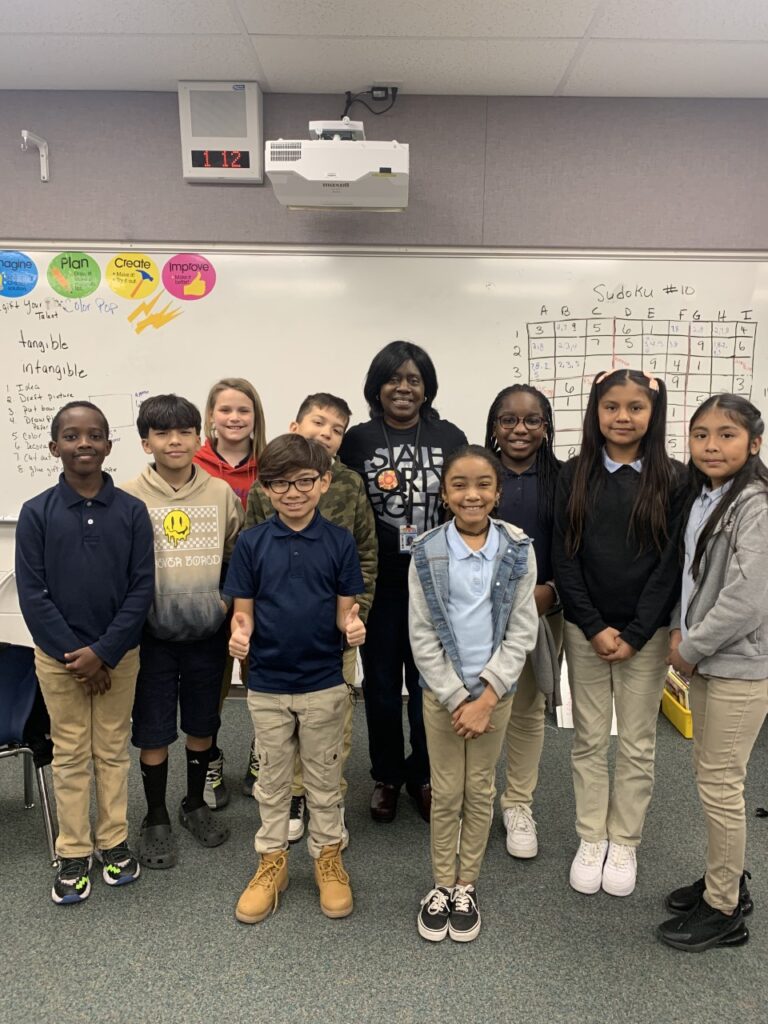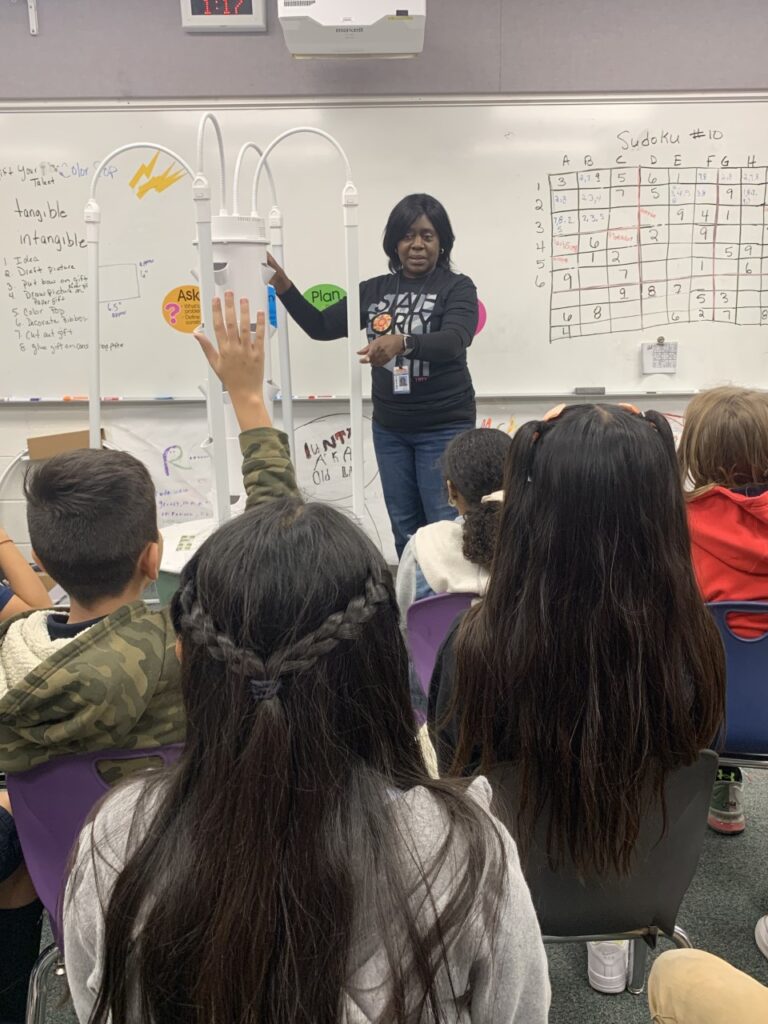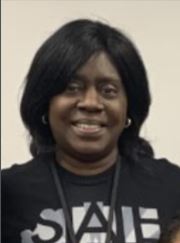Q: How did your family and culture influence who you are today?

My ancestors and my family have had a huge impact on who I am today, specifically my parents. Growing up in the military, Air Force, I actually lived a very protected and a pretty comfortable life. That’s definitely not to say that there weren’t any challenges. My parents provided me and my twin sister with so many opportunities and always taught us to strive for the best. We were always taught that we had to work three times harder than our counterparts if we were going to “make it,” and my parents led the way by working hard and making great accomplishments. My family and culture is very religious and has influenced me to live by the faith of God.
Q: Why is ACEE important to you?

With my experience, many students do not receive exposure to financial literacy although it will have, and currently has, a significant impact on their lives. Although many teachers believe that financial literacy should be part of the curriculum starting with the early grade levels, they do not have the training, time, or understanding as to how to implement finance coursework within their classroom. ACEE is important to me because it provides a significant amount of resources that teachers can use regardless of their level of understanding or knowledge of teaching financial literacy. The finance competitions that ACEE provides are also important to me because they really get the students engaged in learning a topic that is often so foreign to them.
Q: Why do you care about financial and economic education?

I care about financial and economic education because I believe that it can have a positive impact and outcome on lives, especially for those who are most underserved and are continuously faced with life disparities. Providing all students with financial and economic education can make a huge difference for generational wealth. When there are discussions of DEI (diversity, equity, and inclusion) in education, finance and economics should be at the heart of them. If we are truly going to combat poverty and past financial injustices, all students at all grade levels should have access to financial and economic education.
